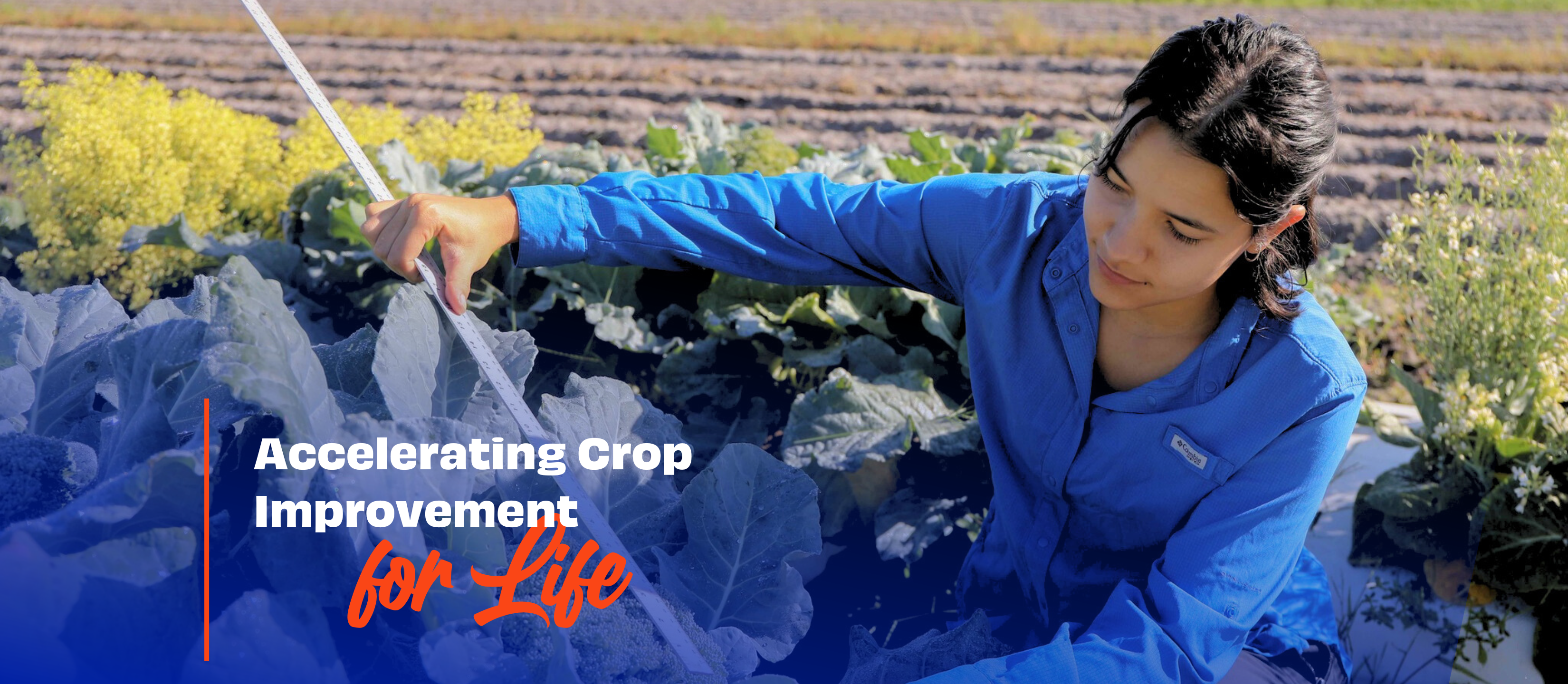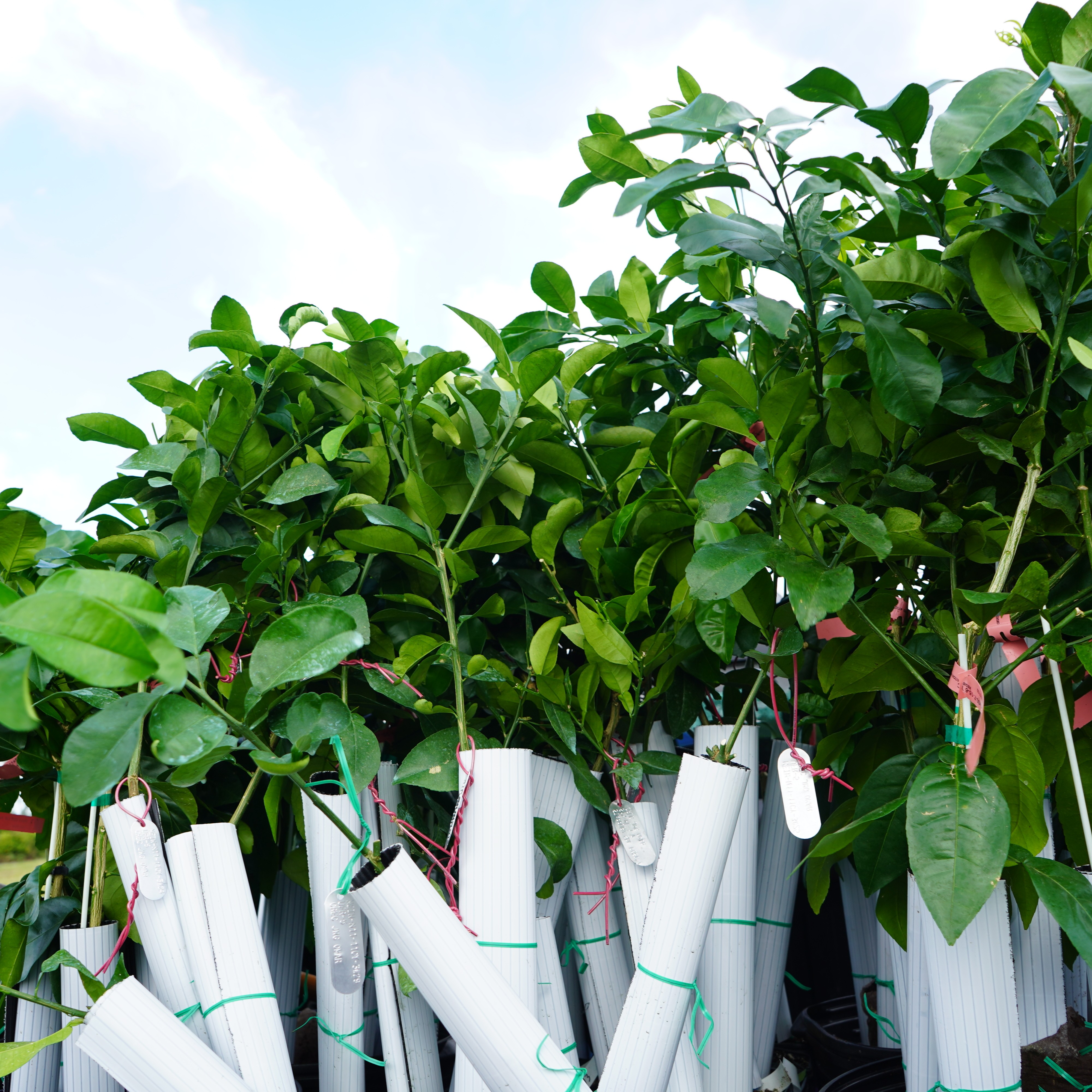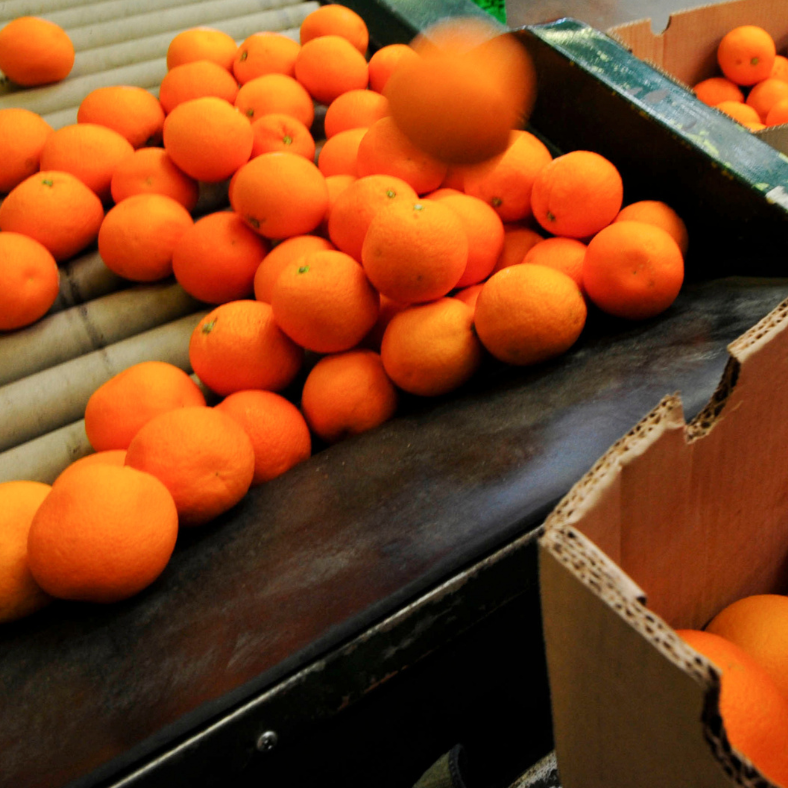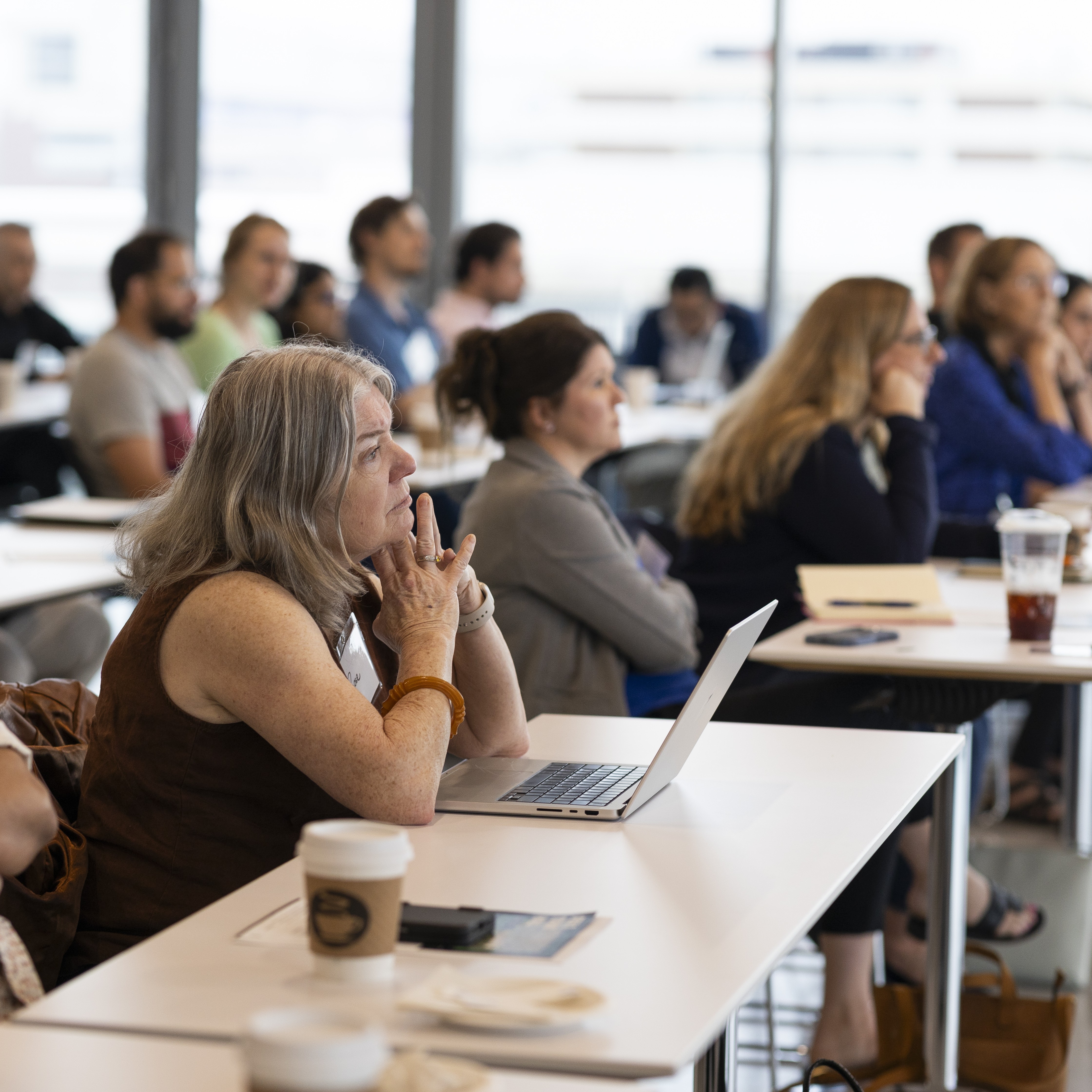The Crop Transformation Center was founded in 2023 to address the need for rapid development and commercialization of genetically improved crops and to specifically address citrus greening in Florida through advanced genetics research and product development. The Florida Department of Citrus and UF collaborated to invest in new greenhouses, equipment, and faculty to deliver advanced agricultural solutions to Florida growers. We are unique in our innovative framework.
Computational pathology for identifying candidate genes for disease (HLB) resistance. Developing deployment models to maximize the lifespan of the trait.
Vector construction and transformation to create high quality and regulatory friendly plants that are low risk for allergic reactions and toxicity.
Optimization tunes gene expression to maximize gene impact on disease resistance without compromising desirable attributes of the cultivar.
Field evaluation to provide the experimental design, analytics, and field-testing infrastructure to inform decision making and bring transparency to the decision process.
Human dimensions work to identify potential barriers to consumer adoption and deregulation.
Creating educational and communication materials for the successful commercialization of the product.
LABS RESEARCHING CROP TRANSFORMATION ACROSS UF
Faculty from seven academic units housed at the UF/IFAS main campus in Gainesville and the Citrus Research and Education Center (C-REC), Lake Alfred, FL contribute to CTC. We work closely with the Applied AI Agriculture Center at the Gulf Coast Research and Education Center and the Protein Knowledge Integration team to rapidly advance plant breeding.




